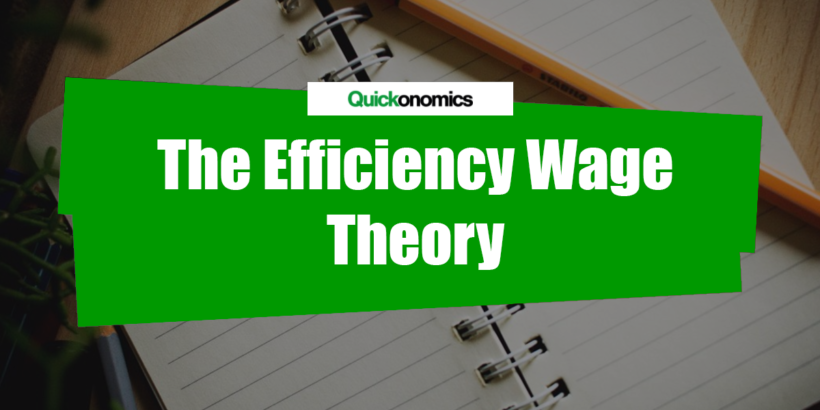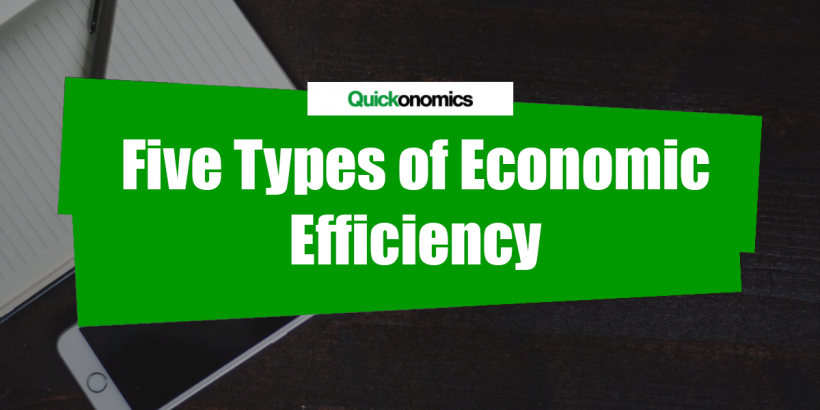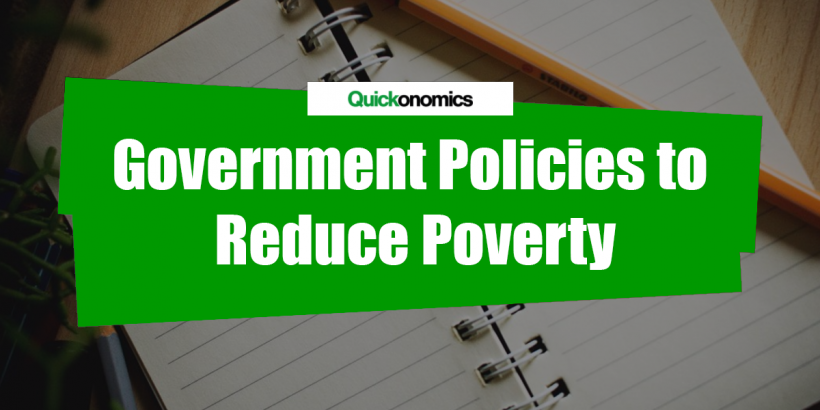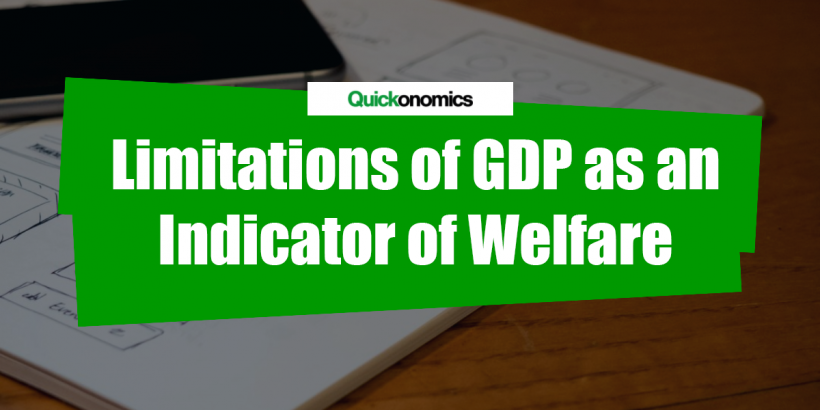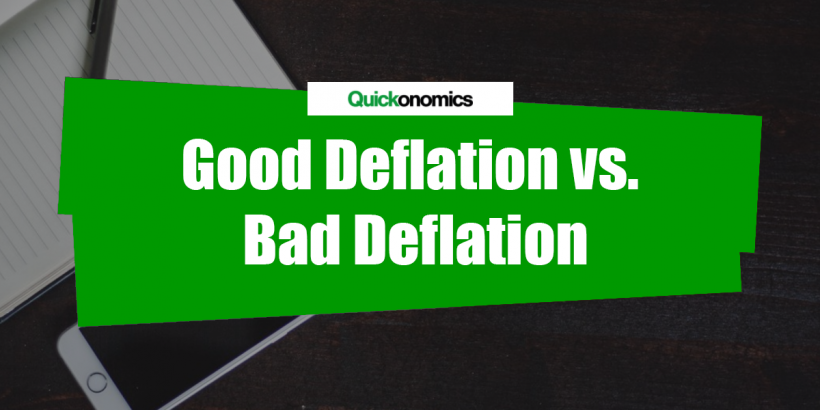Financial Markets bring together individuals who want to save money with other individuals or companies who wish to raise money. The bond market and the stock market are the two most important types of financial markets. They provide capital through the issuing of bonds or stocks, respectively. Two fundamentally different […]
Read more
